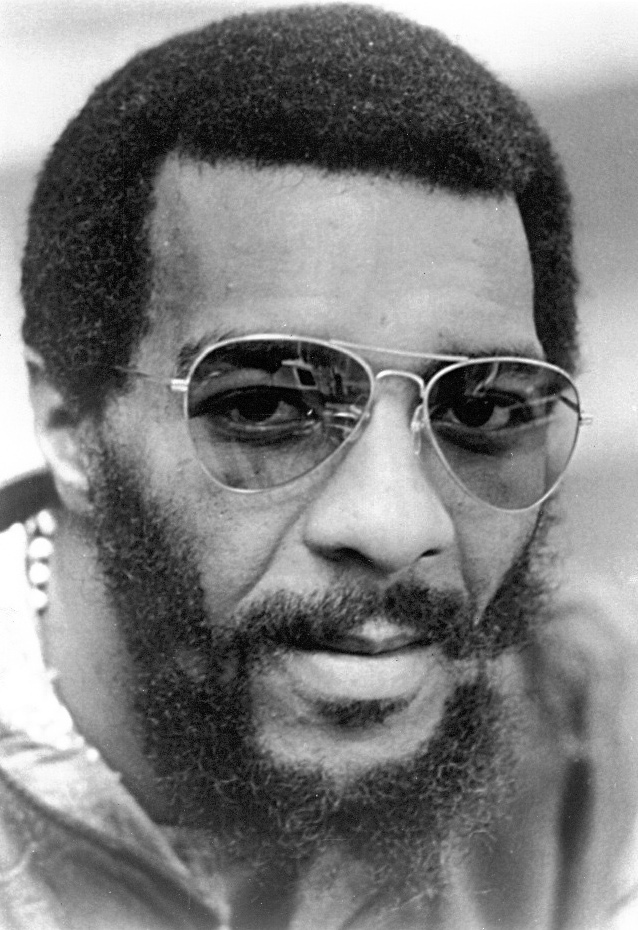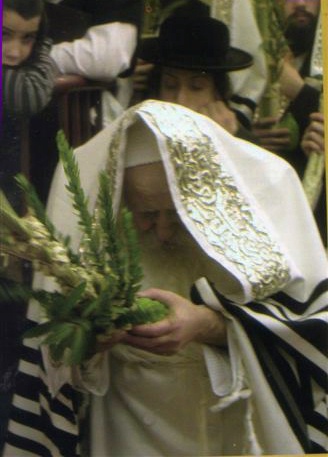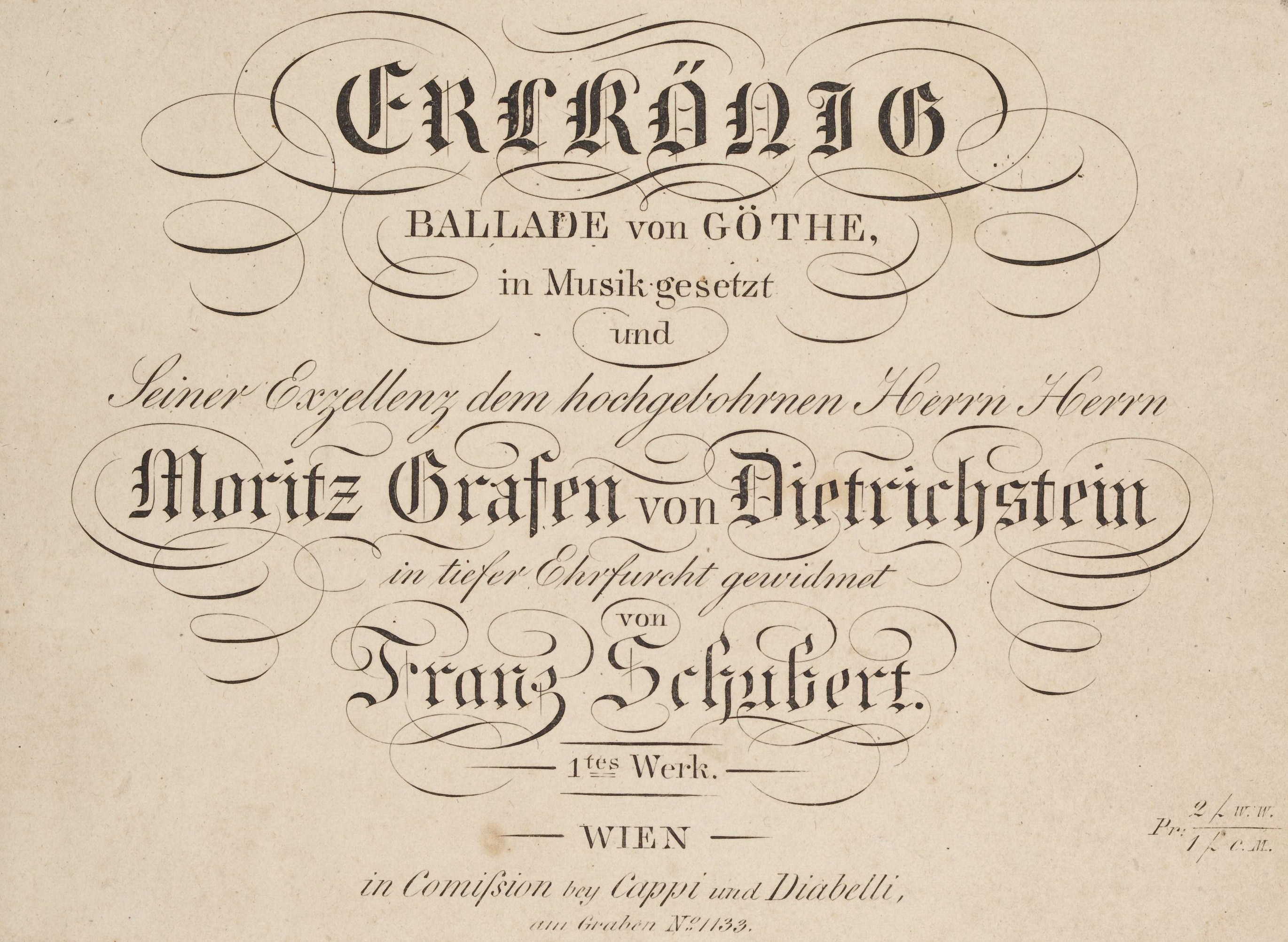|
Perfect Harmony (film)
''Perfect Harmony'' is a 1991 film produced by Disney that is set during the Civil Rights Movement. The story highlights the racial tensions of African Americans and whites within a South Carolina town and its private school. The production was filmed at Berry College, and is noted for its soundtrack which featured classical choir pieces. It was released on VHS and later on DVD. Plot In 1959, a new teacher named Derek Sanders becomes the new choirmaster for Blanton Academy, a prestigious but all-white private school in South Carolina. Mr. Sanders tries to reduce some of the prejudice and hostility of some of the students in his choir. Paul, a bully who feels he should be lead boy, is the worst offender. Taylor Bradshaw, on the other hand, is impressed by the music of Landy Allen, an African-American boy and grandson of Zeke, the school caretaker. Taylor begins to explore the music and lives of the African-American people who live in Rivertown, despite knowing that it could get hi ... [...More Info...] [...Related Items...] OR: [Wikipedia] [Google] [Baidu] |
Will Mackenzie
Will Mackenzie (born July 24, 1938) is an American television director and actor. Born in Providence, Rhode Island, Mackenzie began his professional career as an actor, making his Broadway debut in 1965 in the original production of the musical ''Half a Sixpence''. During the original run of '' Hello, Dolly!'', he stepped into the role of Cornelius Hackl created by Charles Nelson Reilly, and he also appeared in the plays ''Sheep on the Runway'' by Art Buchwald and ''Scratch'' by Archibald MacLeish and a revival of ''Much Ado About Nothing''. Off-Broadway he was featured in '' As You Like It'' and directed a revival of ''I Do! I Do!'' with David Garrison and Karen Ziemba. On television, Mackenzie made guest appearances in '' Route 66'', ''ABC Stage 67'', ''That Girl'', ''The Mod Squad'', '' Rhoda'', ''Baretta'', and ''All in the Family'', and he had a recurring role in ''The Bob Newhart Show''. His sole feature film credit as an actor was in ''The Landlord''. Mackenzie made h ... [...More Info...] [...Related Items...] OR: [Wikipedia] [Google] [Baidu] |
Richie Havens
Richard Pierce Havens (January 21, 1941 – April 22, 2013) was an American singer-songwriter and guitarist. His music encompassed elements of folk, soul (both of which he frequently covered), and rhythm and blues. He had a rhythmic guitar style (often in open tunings). He was the opening act at Woodstock, and also the voice-over for the GeoSafari toys. Early life Born in Bedford–Stuyvesant, Brooklyn, New York City, New York, Havens was the oldest of nine children. He was of Native American ( Blackfoot) descent on his father's side and of the British West Indies on his mother's. His grandfather was Blackfoot of the Montana/South Dakota area. Havens's grandfather and great-uncle joined Buffalo Bill's Wild West Show, moved to New York City thereafter, and settled on the Shinnecock Reservation on Long Island. Havens's grandfather married, then moved to Brooklyn. As a youth, Havens began organizing his neighborhood friends into a street corner doo-wop group. At age 16, he was ... [...More Info...] [...Related Items...] OR: [Wikipedia] [Google] [Baidu] |
1991 Films
The year 1991 in film involved some significant events. Important films released this year included '' The Silence of the Lambs'', ''Beauty and the Beast'', ''Thelma & Louise'', ''JFK'' and '' Terminator 2: Judgment Day''. Highest-grossing films The top 10 films released in 1991 by worldwide gross are as follows: Events *February 14 – '' The Silence of the Lambs'' is released and becomes only the third film after ''It Happened One Night'' (1934) and '' One Flew Over the Cuckoo's Nest'' (1975) to win the top five categories at the Academy Awards: Best Picture; Best Director ( Jonathan Demme); Best Actor (Anthony Hopkins); Best Actress (Jodie Foster); and Best Adapted Screenplay (Ted Tally). It is also the first, and to date only, Best Picture winner widely considered to be a horror film. * July 3 – '' Terminator 2: Judgment Day'' became one of the landmarks for science fiction action films with its groundbreaking visual effects from Industrial Light & Magic. *August 7 - ... [...More Info...] [...Related Items...] OR: [Wikipedia] [Google] [Baidu] |
I Shall Not Be Moved
"I Shall Not Be Moved", also known as "We Shall Not Be Moved", is an African-American slave spiritual, hymn, and protest song dating to the early 19th century American south. It was likely originally sung at revivalist camp-meetings as a slave jubilee. The song describes being "like a tree planted by the waters" who "shall not be moved" because of faith in God. Secularly, as "We Shall Not Be Moved" it gained popularity as a protest and union song of the Civil Rights Movement. The text is based on biblical scripture: In 1908 Alfred H. and B. D. Ackley copyrighted a hymn by the name "I Shall Not Be Moved". Civil rights movement As "We Shall Not Be Moved" the song gained popularity as a protest and union song of the Civil rights movement. The song became popular in the Swedish anti-nuclear and peace movements in the late 1970s, in a Swedish translation by Roland von Malmborg, "" ('Never shall we give up'). Recorded versions Among others, the following artists recorded "I ... [...More Info...] [...Related Items...] OR: [Wikipedia] [Google] [Baidu] |
The Creation (Haydn)
''The Creation'' (german: Die Schöpfung) is an oratorio written between 1797 and 1798 by Joseph Haydn ( Hob. XXI:2), and considered by many to be one of his masterpieces. The oratorio depicts and celebrates the creation of the world as described in the Book of Genesis. The libretto was written by Gottfried van Swieten. The work is structured in three parts and scored for soprano, tenor and bass soloists, chorus and a symphonic orchestra. In parts I and II, depicting the creation, the soloists represent the archangels Raphael (bass), Uriel (tenor) and Gabriel (soprano). In part III, the bass and soprano represent Adam and Eve. The first public performance was held in Vienna at the old Burgtheater on 19 March 1799. The oratorio was published with the text in German and English in 1800. Inspiration Haydn was inspired to write a large oratorio during his visits to England in 1791–1792 and 1794–1795 when, alongside his close friend English music historian Charles Burney, he ... [...More Info...] [...Related Items...] OR: [Wikipedia] [Google] [Baidu] |
Laudate Dominum
Psalm 117 is the 117th psalm of the Book of Psalms, beginning in English in the King James Version: "O praise the LORD, all ye nations: praise him, all ye people." In Latin, it is known as ''Laudate Dominum''. Consisting of only two verses, Psalm 117 is the shortest psalm and also the shortest chapter in the whole Bible. It is joined with Psalm 118 in the manuscripts of the Hebraist scholars Benjamin Kennicott and Giovanni Bernardo De Rossi. In the slightly different numbering system in the Greek Septuagint and the Latin Vulgate version of the Bible, this psalm is Psalm 116. Text With just two verses and seventeen words and 62 characters in Hebrew (29 in v1 + 33 in v2 is 62), it is the shortest psalm in the Book of Psalms. It is also the shortest chapter in the whole Bible. It is the 595th of the 1,189 chapters of the King James Version of the Bible, making it the middle chapter of this version. In Hebrew, it is an acrostic poem and is one of the so-called Egyptian Hallel pra ... [...More Info...] [...Related Items...] OR: [Wikipedia] [Google] [Baidu] |
Wolfgang Amadeus Mozart
Wolfgang Amadeus Mozart (27 January 17565 December 1791), baptised as Joannes Chrysostomus Wolfgangus Theophilus Mozart, was a prolific and influential composer of the Classical period. Despite his short life, his rapid pace of composition resulted in more than 800 works of virtually every genre of his time. Many of these compositions are acknowledged as pinnacles of the symphonic, concertante, chamber, operatic, and choral repertoire. Mozart is widely regarded as among the greatest composers in the history of Western music, with his music admired for its "melodic beauty, its formal elegance and its richness of harmony and texture". Born in Salzburg, in the Holy Roman Empire, Mozart showed prodigious ability from his earliest childhood. Already competent on keyboard and violin, he composed from the age of five and performed before European royalty. His father took him on a grand tour of Europe and then three trips to Italy. At 17, he was a musician at the Salzburg court b ... [...More Info...] [...Related Items...] OR: [Wikipedia] [Google] [Baidu] |
Schwanengesang
''Schwanengesang (Swan Song)'', 957, is a collection of 14 songs written by Franz Schubert at the end of his life and published posthumously: # Liebesbotschaft (text: Ludwig Rellstab) # Kriegers Ahnung (Rellstab) # Frühlingssehnsucht (Rellstab) # Ständchen (Rellstab) # Aufenthalt (Rellstab) # In der Ferne (Rellstab) # Abschied (Rellstab) # Der Atlas (Heinrich Heine) # Ihr Bild (Heine) # Das Fischermädchen (Heine) # Die Stadt (Heine) # Am Meer (Heine) # Der Doppelgänger (Heine) # Die Taubenpost (alternative: D 965a) (Johann Gabriel Seidl) Background Named by its first publisher, Tobias Haslinger, who presumably wished to present it as Schubert's last testament, ''Schwanengesang'' differs from the earlier ''Die schöne Müllerin'' and ''Winterreise'' song-cycles by including settings of more than one poet. Seven texts by Ludwig Rellstab (1799–1860) are followed by six by Heinrich Heine (1797–1856); inclusion of the last song, to words by Johann Gabriel Seidl (1804–1875) ... [...More Info...] [...Related Items...] OR: [Wikipedia] [Google] [Baidu] |
Schubert Compositions D Number 505-998
Franz Schubert (31 January 1797 – 19 November 1828), a Viennese composer of the late Classical to early Romantic eras, left a very extended body of work notwithstanding his short life. He wrote over 1500 items, or, when collections, cycles and variants are grouped, some thousand compositions. The largest group are his over six hundred Lieder for solo voice and piano. He composed nearly as many piano pieces, and further some 150 part songs, some 40 liturgical compositions (including several masses) and around 20 stage works like operas and incidental music. His orchestral output includes thirteen symphonies (seven completed) and several overtures. Schubert's chamber music includes over 20 string quartets, and several quintets, trios and duos. Otto Erich Deutsch compiled the first comprehensive catalogue of Schubert's works and published it in 1951 as '' Schubert: Thematic Catalogue of all his Works in Chronological Order''. A revised edition appeared in German in 1978. Late ... [...More Info...] [...Related Items...] OR: [Wikipedia] [Google] [Baidu] |
Franz Schubert
Franz Peter Schubert (; 31 January 179719 November 1828) was an Austrian composer of the late Classical and early Romantic eras. Despite his short lifetime, Schubert left behind a vast ''oeuvre'', including more than 600 secular vocal works (mainly lieder), seven complete symphonies, sacred music, opera Opera is a form of theatre in which music is a fundamental component and dramatic roles are taken by singers. Such a "work" (the literal translation of the Italian word "opera") is typically a collaboration between a composer and a libr ...s, incidental music, and a large body of piano and chamber music. His major works include "Erlkönig (Schubert), Erlkönig" (D. 328), the Trout Quintet, Piano Quintet in A major, D. 667 (''Trout Quintet''), the Symphony No. 8 (Schubert), Symphony No. 8 in B minor, D. 759 (''Unfinished Symphony''), the Symphony No. 9 (Schubert), "Great" Symphony No. 9 in C major, D. 944, the String Quintet (Schubert), String Quintet (D. 956), ... [...More Info...] [...Related Items...] OR: [Wikipedia] [Google] [Baidu] |
Messiah (Handel)
''Messiah'' (HWV 56) is an English-language oratorio composed in 1741 by George Frideric Handel. The text was compiled from the King James Bible and the Coverdale Bible, Coverdale Psalter by Charles Jennens. It was first performed in Dublin on 13 April 1742 and received its London premiere nearly a year later. After an initially modest public reception, the oratorio gained in popularity, eventually becoming one of the best-known and most frequently performed choral works in Western culture#Music, Western music. Handel's reputation in England, where he had lived since 1712, had been established through his compositions of Italian opera. He turned to English oratorio in the 1730s in response to changes in public taste; ''Messiah'' was his sixth work in this genre. Although its Structure of Handel's Messiah, structure resembles that of Opera#The Baroque era, opera, it is not in dramatic form; there are no impersonations of characters and no direct speech. Instead, Jennens's text ... [...More Info...] [...Related Items...] OR: [Wikipedia] [Google] [Baidu] |
Dan Biggers
Daniel Upshaw Biggers (January 18, 1931 – December 5, 2011) was an American college official and actor best known for his role as Frank "Doc" Robb on the television series '' In the Heat of the Night''. Life and career Biggers was born in Newton County, Georgia in 1931. He was an English instructor at Toccoa High School in the late 1950s. In 1963 he became headmaster of Thornwood (Darlington Lower School) in Rome, Georgia."Actor and director of Historic Berry, Dan Biggers has died," '' Rome News-Tribune'', December 6, 2011. Beginning in 1967, he was dean of students at [...More Info...] [...Related Items...] OR: [Wikipedia] [Google] [Baidu] |







